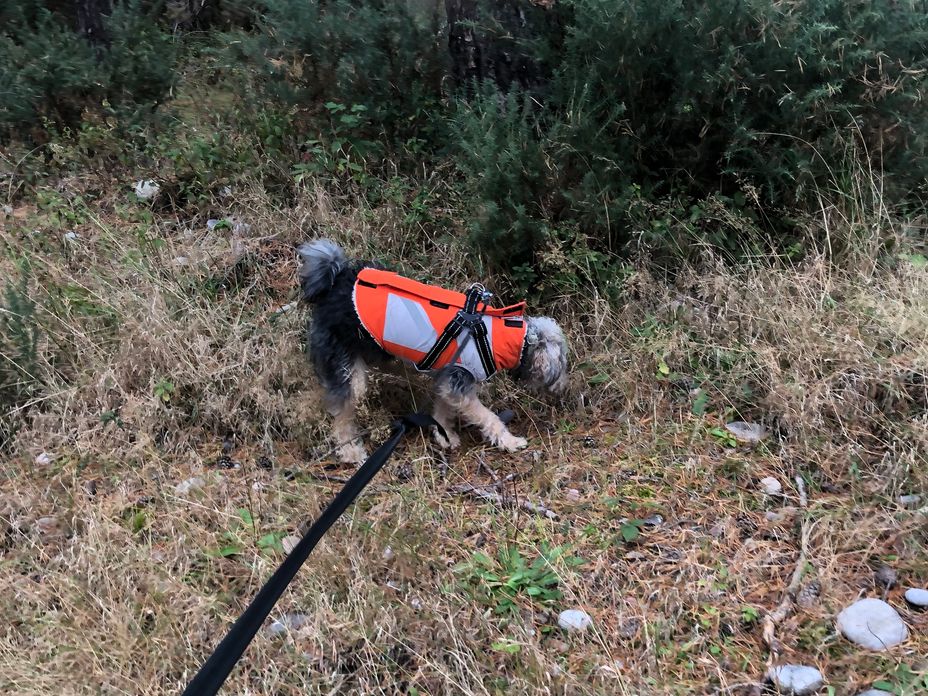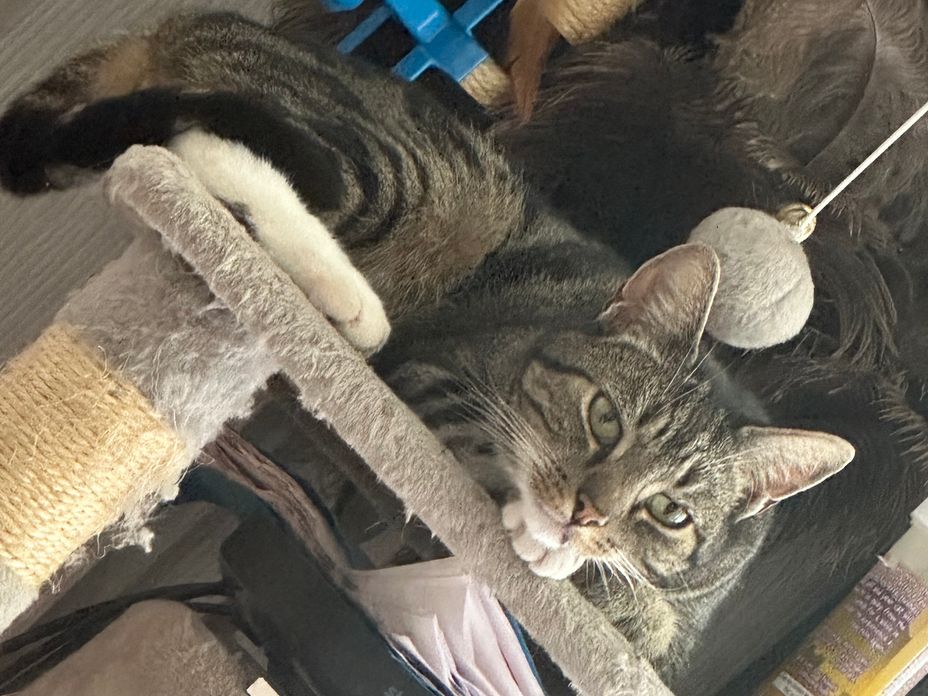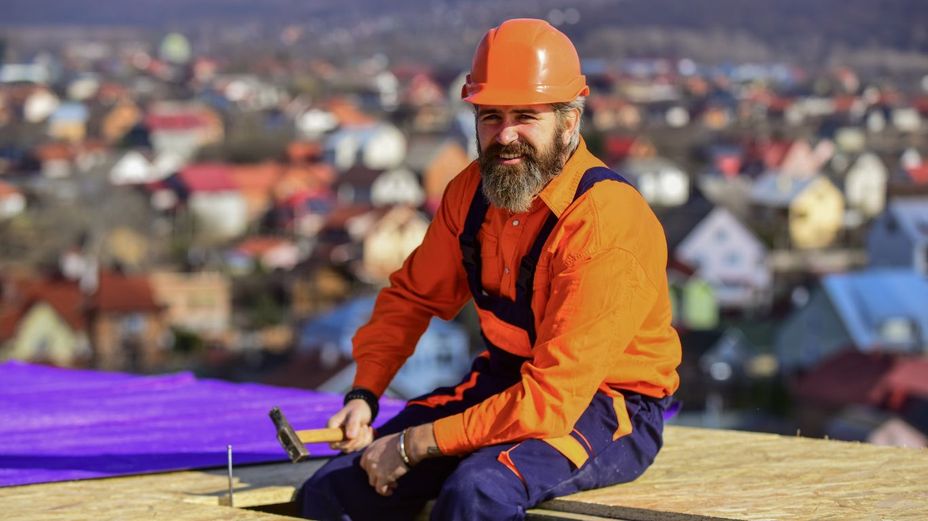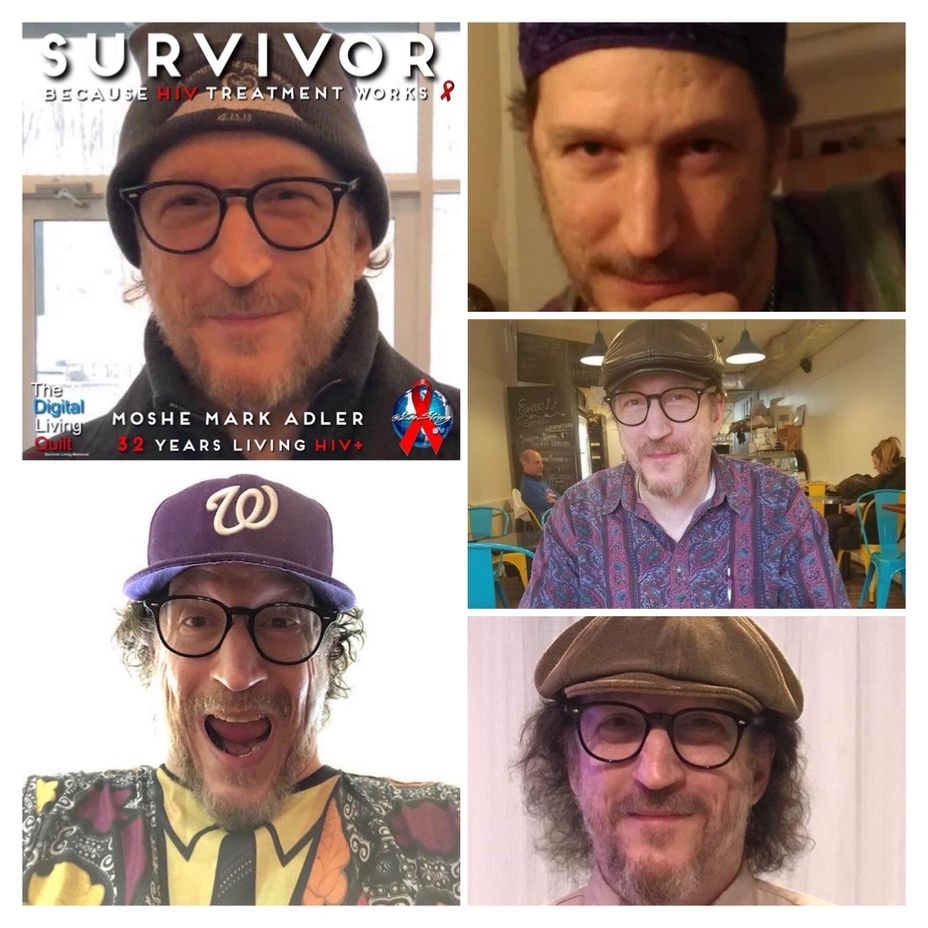Choosing the right roofing materials and adhering to design guidelines are crucial steps for homeowners and builders in LaPorte County. The region's climate and architectural styles demand careful consideration to ensure durability, energy efficiency, and aesthetic appeal. Whether you're replacing an existing roof or constructing a new one, understanding these factors is essential to making informed decisions.
Types of Roofing Materials
Asphalt Shingles: These are the most common roofing material due to their affordability and ease of installation. They come in a variety of colors and styles, suitable for different architectural designs in LaPorte County.
Metal Roofing: Known for its longevity and durability, metal roofing is becoming increasingly popular. It offers excellent resistance to fire and extreme weather conditions, making it ideal for the region's climate.
Wood Shingles and Shakes: While less common due to fire concerns, wood shingles and shakes offer a natural, rustic look that complements certain architectural styles in LaPorte County.
Slate and Tile: These materials are prized for their elegance and longevity but come at a higher cost. They are suitable for homeowners looking to invest in a durable and aesthetically pleasing roof.
Design Guidelines
Architectural Harmony: The design of your roof should complement the overall architectural style of your home and surrounding buildings. Traditional styles like Colonial, Craftsman, and Victorian often dictate specific roofing materials and pitches.
Energy Efficiency: Consider the energy efficiency of your chosen materials. Light-colored roofing can help reflect heat, reducing cooling costs in summer, while proper insulation can enhance overall energy performance throughout the year.
Local Regulations: Familiarize yourself with local building codes and homeowner association guidelines that may dictate roofing materials, colors, and installation practices in LaPorte County.
FAQs
Q: How often should I replace my roof in LaPorte County?
The lifespan of your roof depends on the materials used and environmental factors. Generally, asphalt shingles last about 20-25 years, while metal roofing can last 50 years or more with proper maintenance.
Q: Are there restrictions on roofing materials in historic districts?
Yes, historic districts in LaPorte County often have strict guidelines to preserve the area's architectural integrity. Consult local authorities or preservation boards before making any decisions.
Q: What are the advantages of metal roofing in LaPorte County?
Metal roofing is highly durable and resistant to fire, wind, and hail, making it a practical choice for the region's variable weather conditions.
Q: How can I improve the energy efficiency of my roof?
Opt for materials with high solar reflectance and consider adding insulation to minimize heat transfer, thus reducing energy consumption for heating and cooling. www.reliableroofingonline.com/city/laporte
Choosing the right roofing materials and adhering to design guidelines not only enhances the curb appeal of your home but also ensures long-term protection and energy efficiency. By understanding the unique considerations of LaPorte County, homeowners and builders can make informed choices that meet both aesthetic and practical needs.





